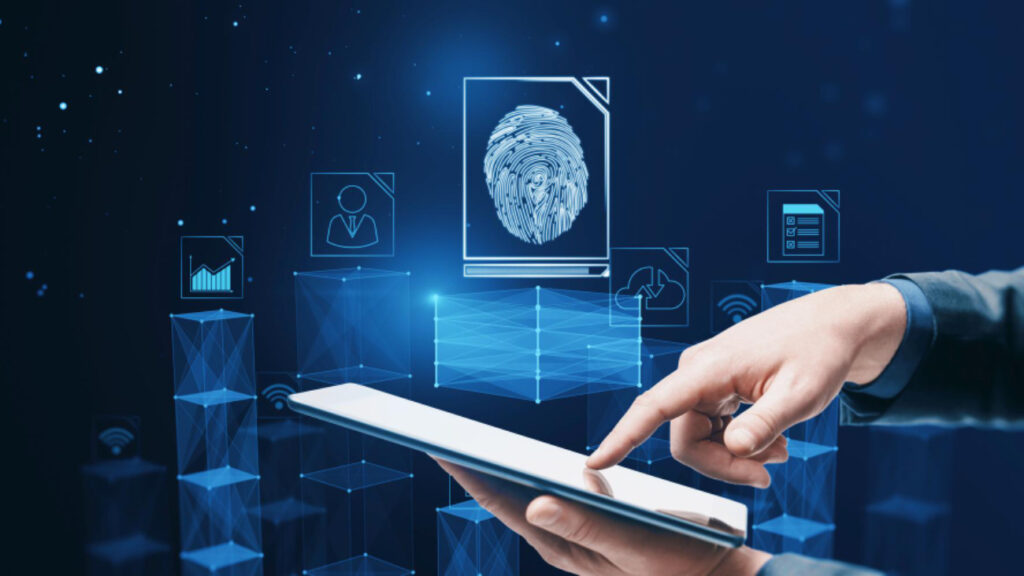Patient safety is a leading priority in healthcare. Biometrics helps identify individuals using unique behavioral or physical traits, such as:
- Fingerprints
- Scans of faces, irises, or palms
- Vocal characteristics
Healthcare providers can enhance patient safety and patient care and reduce healthcare costs by including different forms of biometric patient identification in patients’ EHRs (Electronic Health Records). Facial recognition terminals, fingerprint scanners, hand geometry readers, iris scanners, and palm vein readers are some of the well-known biometric devices.
Organizations worldwide, including healthcare companies, use these devices for accurate identity verification and user authentication. Traditional biometric authentication methods like facial recognition and fingerprints have been widely used across the world. However, behavioral biometrics is emerging as a secure and reliable method of patient data protection in healthcare.
Here is how biometrics is transforming the healthcare sector:
Enable fast and effective authentication: Biometric authentication uses various modalities like face, fingerprint, iris, or palm vein to provide a better user-friendly experience and fast, effective identity assurance.
Ensure advanced access control: Healthcare biometrics is crucial for protecting patient privacy and building a safer environment for patients and healthcare teams. A biometric access control system allows access only to authorized users with unique biometric characteristics stored in the system’s database of biometric templates. Cost-effective, quick, and convenient biometric access control prohibits unauthorized access and protects people and assets across multiple sites.
Improve the patient experience: Biometric solution implementation reduces the problems arising from incorrect identification and mismatched health records and ensures that proper care is provided to the right person at the right time. Moreover, analyzing patients’ interactions with healthcare applications and platforms enables organizations to streamline processes and improve the patient experience.
Prevent data breaches: Biometric systems prevent unauthorized access to sensitive patient data and data breaches. Healthcare organizations can analyze human behavioral patterns and detect potential threats to patient data security. Biometrics helps clinics, doctors’ offices, hospitals, and other medical centers keep better records of patients and avoid violations by preventing the disclosure of medical records to non-approved parties.
Prevent fraudulent activities and medical errors: Biometrics helps combat expensive, time-consuming medical fraud, which severely impacts the reputation of healthcare facilities. Furthermore, biometrics reduces medical errors in diagnosis and treatment by connecting patients to the correct medical records.
Globally, Biometrics-as-a-Service (BaaS) offerings are becoming indispensable in healthcare for enhancing patient safety, delivering customized care, managing patient data, and ensuring compliance with regulatory requirements. Thank you for your interest in Bahaa Abdul Hadi blogs. For more information, please visit www.bahaaabdulhadi.com.







